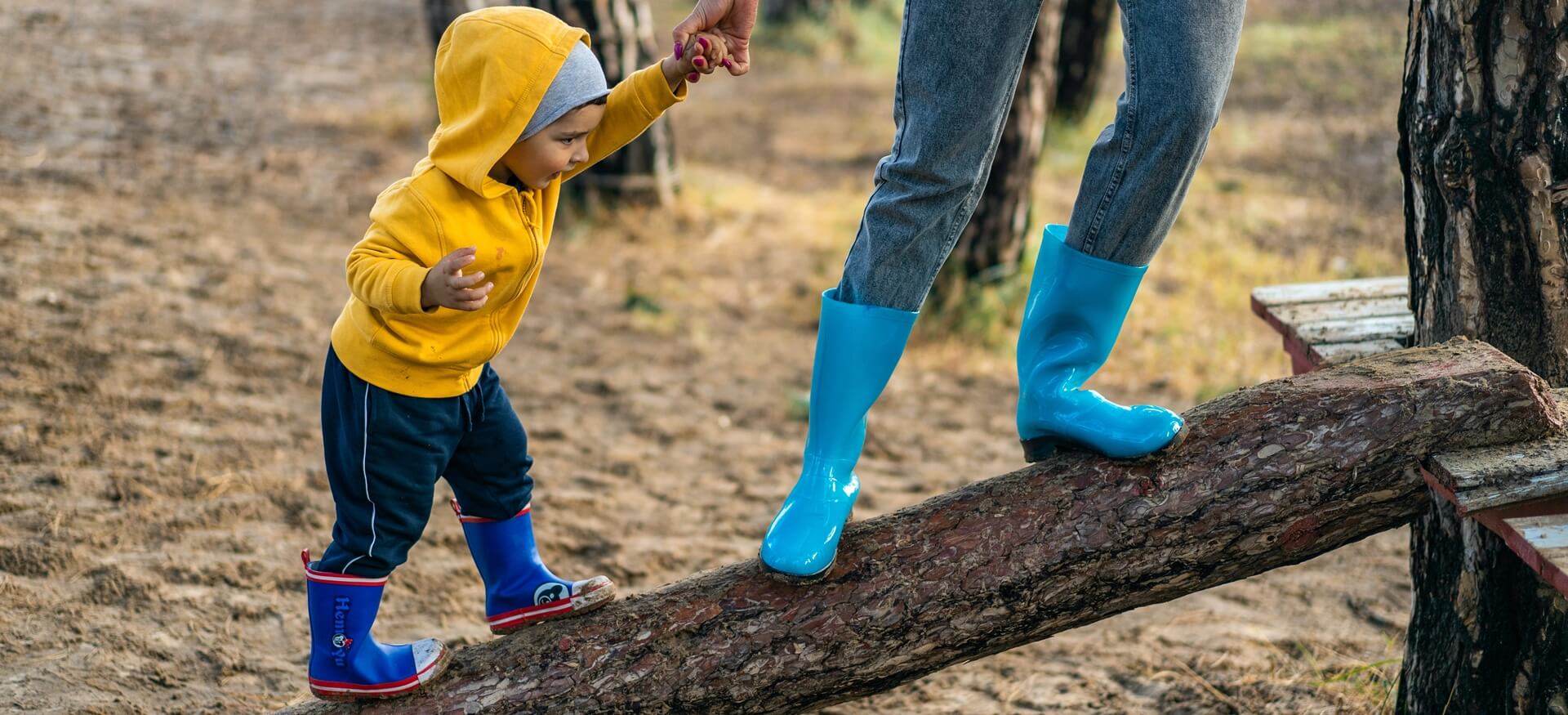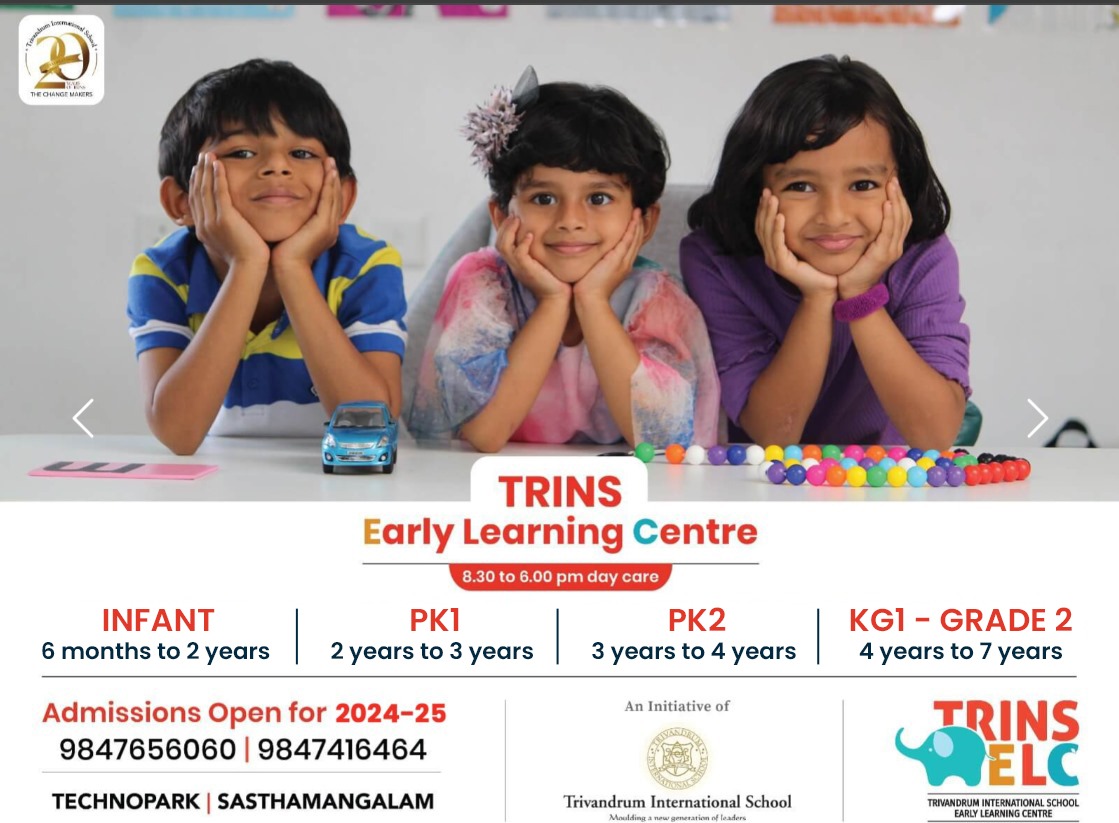


Toddler Development: What to Expect at Each Stage

Stepping into the world of toddlerhood is a monumental leap for both the child and the parents. These little ones, bursting with energy and curiosity, are on a roller-coaster ride of developmental milestones. From the first mumbled words to the proud moment they manage those initial solo steps, each stage is filled with awe and wonder. Let’s traverse this exhilarating journey and unearth what to anticipate at each stop.
Early Toddlerhood (1-2 Years): The Firsts are Forever
This period is replete with a string of ‘firsts’.
Physical Development:
-
Mobility: From crawling to taking hesitant steps, their mobility increases tenfold.
-
Fine Motor Skills: They begin to grasp tiny objects, scribble, and even attempt self-feeding.
Cognitive Development:
-
Recognition: They begin to recognise familiar faces, toys, and might even point at objects they want.
-
Basic Problem Solving: Trying to fit blocks into slots or searching for a hidden toy becomes a fun activity.
Language & Communication:
-
Speech: First words typically emerge. 'Mama', 'Papa', and other simple words become part of their vocabulary.
-
Gestures: Pointing, waving goodbye, and nodding become common means of communication.
Mid Toddlerhood (2-3 Years): Words, Wobbles and Wonders
A phase marked by enhanced communication, independence, and self-awareness.
Physical Development:
-
Fine Motor Skills: Improved dexterity is seen in activities like holding crayons, turning pages, or stacking blocks.
-
Gross Motor Skills: Running, climbing, and even jumping become a part of their playtime routine.
Cognitive Development:
-
Imagination: Pretend play becomes their favourite pastime. Tea parties with toys or being a superhero are classics.
-
Memory: They can remember stories, recognise colours, and even count a bit.
Language & Communication:
-
Vocabulary Expansion: Their word bank explodes, often reaching up to 200 words.
-
Sentence Formation: They start forming simple sentences, albeit with some grammatical errors.
Late Toddlerhood (3-4 Years): The Budding Individual
Independence is the mantra, with a personality that’s shining through.
Physical Development:
-
Agility: Their movements become more coordinated, be it dancing to a tune or riding a tricycle.
-
Self-care: Activities like brushing teeth, washing hands, or getting dressed might still be clumsy but are attempted.
Cognitive Development:
-
Curiosity: A barrage of 'why' and 'how' questions are thrown at adults, showcasing their curiosity.
-
Concept Grasp: They begin to understand concepts of time (like 'tomorrow'), size differences, and even basic counting.
Language & Communication:
-
Fluent Speech: Conversations become clearer, with better sentence structures.
-
Expressive: They can express feelings better, be it excitement, anger, or sadness.
Key Behavioral Traits Across Stages:
-
Seeking Independence: A desire to do things on their own, even if it leads to a mess.
-
Tantrums: Quite common, especially when they're unable to express or are denied something.
-
Social Play: They start interacting more with peers, learning from shared play experiences.
Tips for Parents:
-
Encourage Exploration: Set up a safe environment and let them explore. Curiosity is a wonderful teacher.
-
Language Development: Read stories, sing songs, and converse with them regularly.
-
Stay Patient: Tantrums and rebellious behaviours are part of the process. Stay calm and be reassuring.
Toddlerhood is a dynamic phase, marked by rapid development and countless endearing moments. Each child, however, is unique. While some might start talking early, others might shine in physical activities. The key is to celebrate each milestone, no matter when it occurs. Remember, it’s not a race. So, revel in every moment, capture those cherubic smiles, and gear up for the amazing journey that toddlerhood promises to be.





